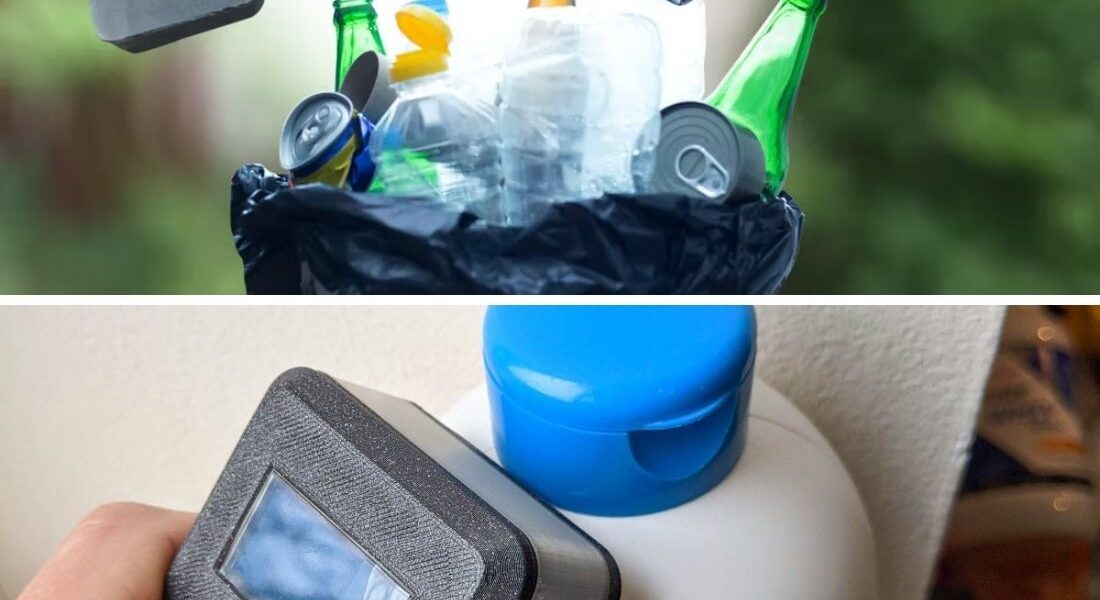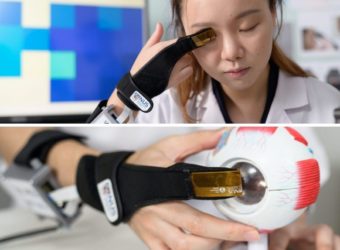Jerry de Vos, an industrial design engineering graduate, has created a unique plastic scanner to instantly tell you about the type of plastic. This device is useful in bettering recycling and reuse of the increasing plastic waste across the world. With this creative and innovative low-cost handheld plastic scanner, one can undertake action on current sustainability issues. And, this even landed him the reputed James Dyson Award 2021 Sustainability Prize.
The problem of plastic wastage
Plastic is a readily available lightweight material that’s long-lasting and durable. Many plastic objects are not even recyclable. So, they just end up in landfills or get burnt in power plants, or even worse, in the rivers / oceans / mountains.
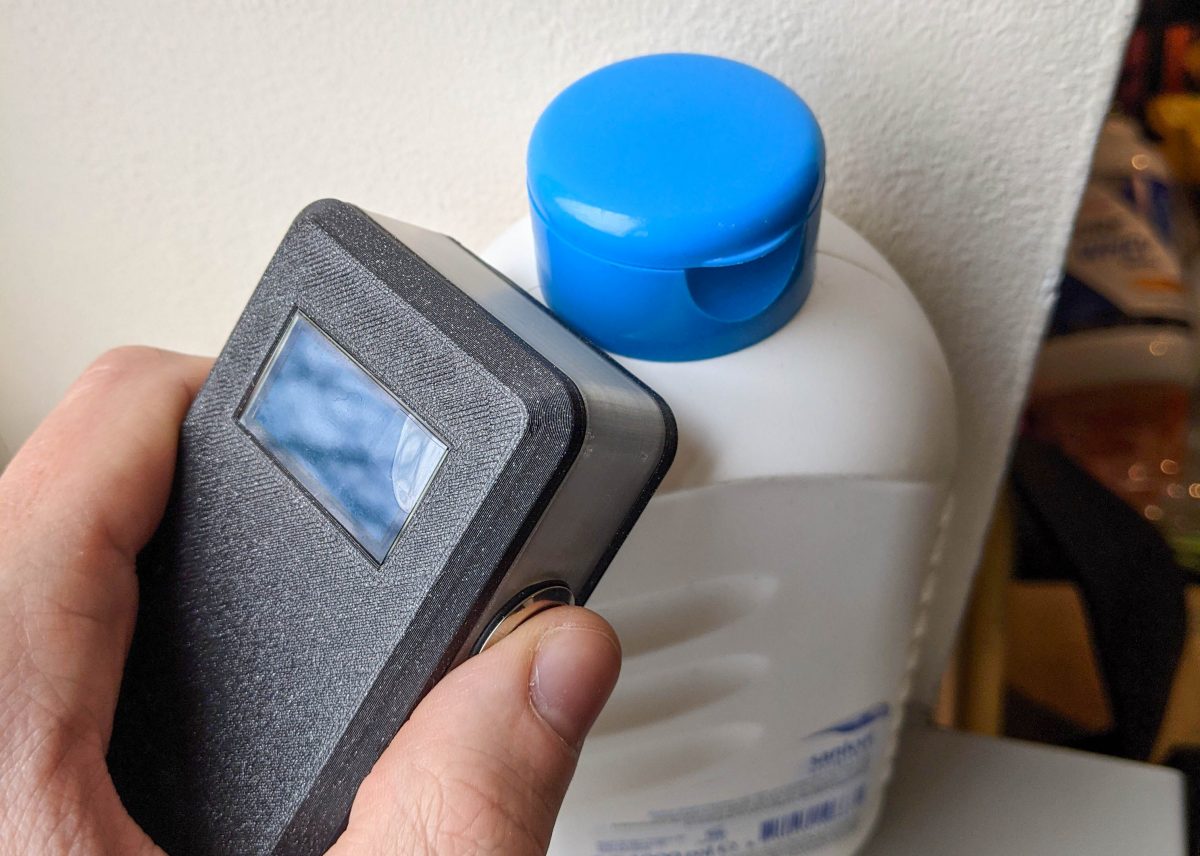
But with using the right technologies, we can efficiently recycle plastics before they reach the end of their life cycle. This way, the plastics can be turned into something new and useful. And the recycled products themselves are quite durable and long-lasting.
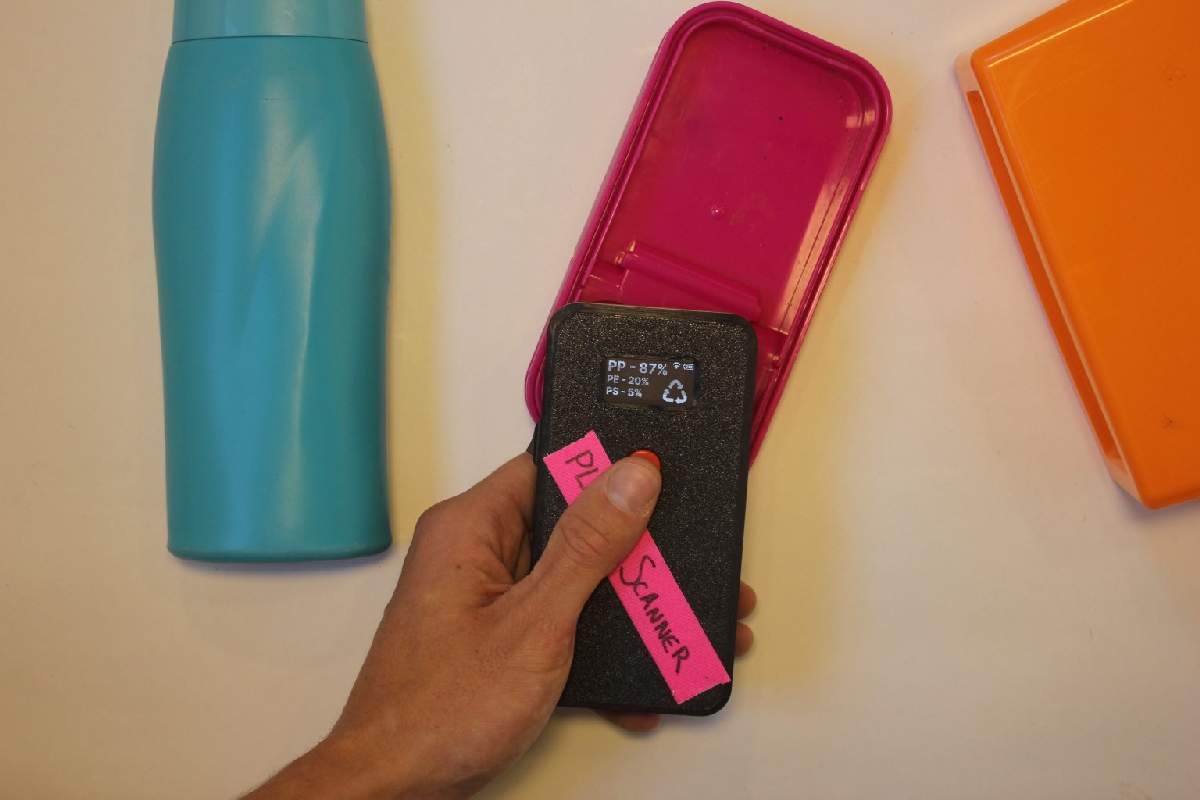
However, the major challenge is to detect which plastics to recycle correctly, instead of sending them to landfills. The technology is already there to do so. But it’s very rare and expensive.
Why it is difficult to sort plastic for recycling
Plastic is made from mixing of synthetic materials of different properties. This composite nature of plastic makes the recycling process complicated and energy-intensive. Sometimes additives are added to the base resin to achieve desired color, texture or property. Such additives have melting point near to the base resin, and segregating it during the recycling process becomes very difficult.
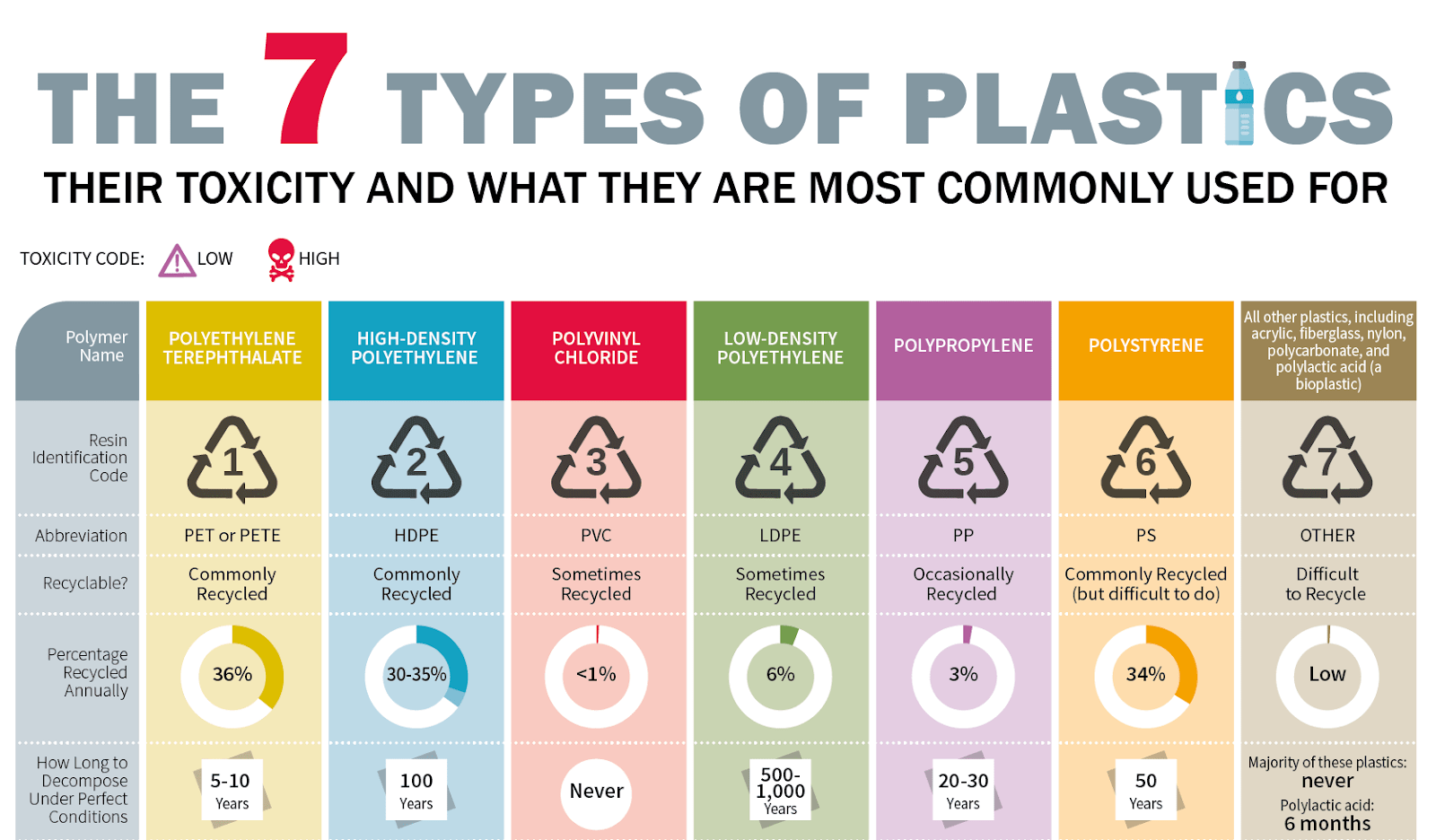
Moreover, recycling of multi-layered plastic products (like paper cups) is a sophisticated process involving higher energy consumption and tech resources.
The solution— low cost handheld plastic scanner
The Plastic scanner comes as a low-cost and an efficient handheld device to solve the issue. You can hold the device against a plastic composite and it will detect what materials are used in the manufacturing of plastic products. It identifies this information and detects plastic components using infrared light.
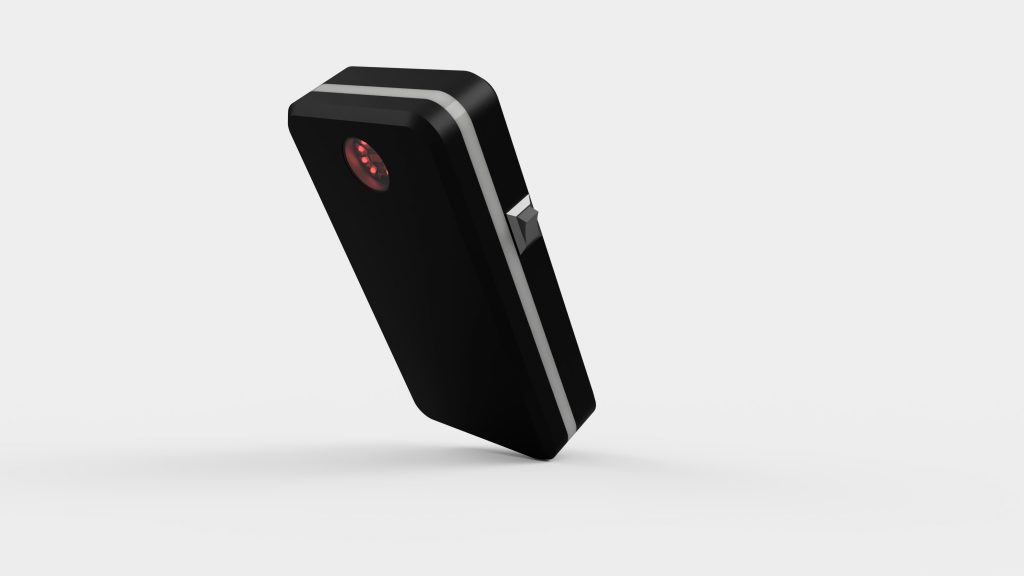
Being a member of Precious Plastic, an organization that works to reduce plastic waste, Jerry came up with these unique products. With his work for the organization, he witnessed several negative impacts of plastic pollution from his first-hand experience. And, bottlenecks in the recycling processes lead to further delays in recycling.
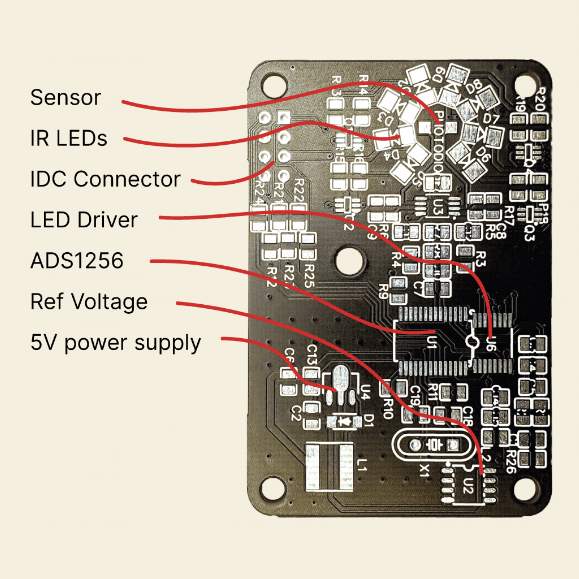
One such bottleneck is not being able to identify a plastic before starting its recycling. Throughout the world, most of the identification work is done manually, and it takes too much time. And often there are many errors in detection and it further disrupts the purpose of recycling.
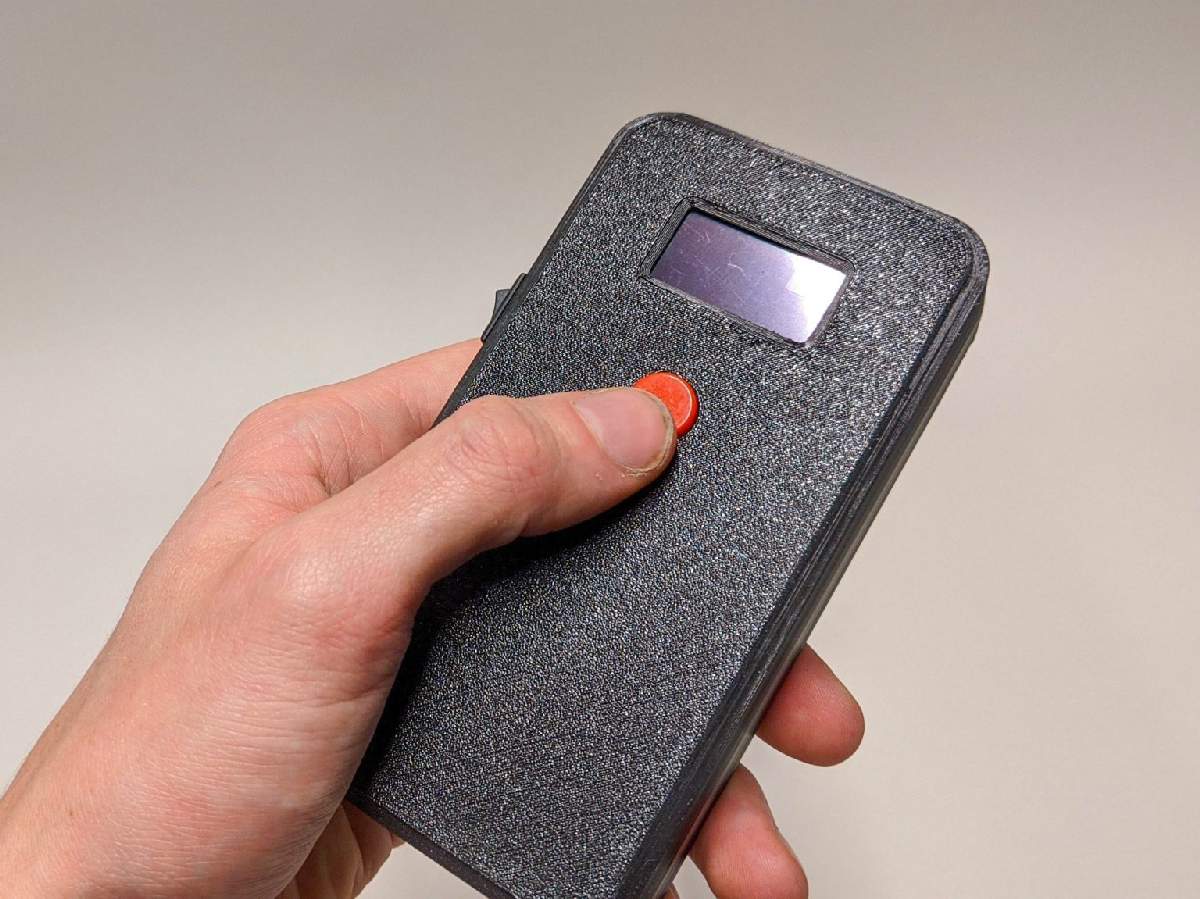
However, with the help of Jerry’s innovative device, this problem can be resolved easily. His technology has already been successful and used in huge factories in the Netherlands. At the factories, the device’s infrared reflections help in sorting different types of plastics. This is an important step to ensure that it’s recycled well. Jerry’s mission here is to make technology available and accessible to people around the globe. This way, they can recycle and reuse better.
IR spectroscopy scanner to identify and sort the plastic
Jerry created this portable plastic scanning device as a part of his M.Sc. thesis project. He created the device using near-infrared spectroscopy, which can categorize over 75-percent of the plastics used in daily life. The device also serves as an open-source project, and it can be further sourced and created locally.
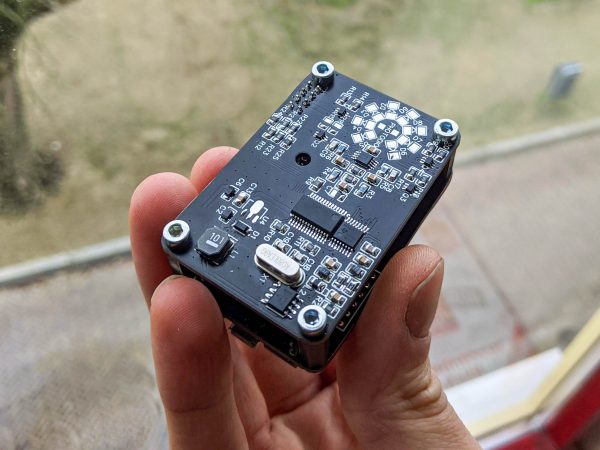
This is how this handheld device can help in separating devices correctly for better quality end products for reusing. All this is vital globally, as a lot of waste separation is still done by hand. But using new technology can help users reduce plastic wastage.
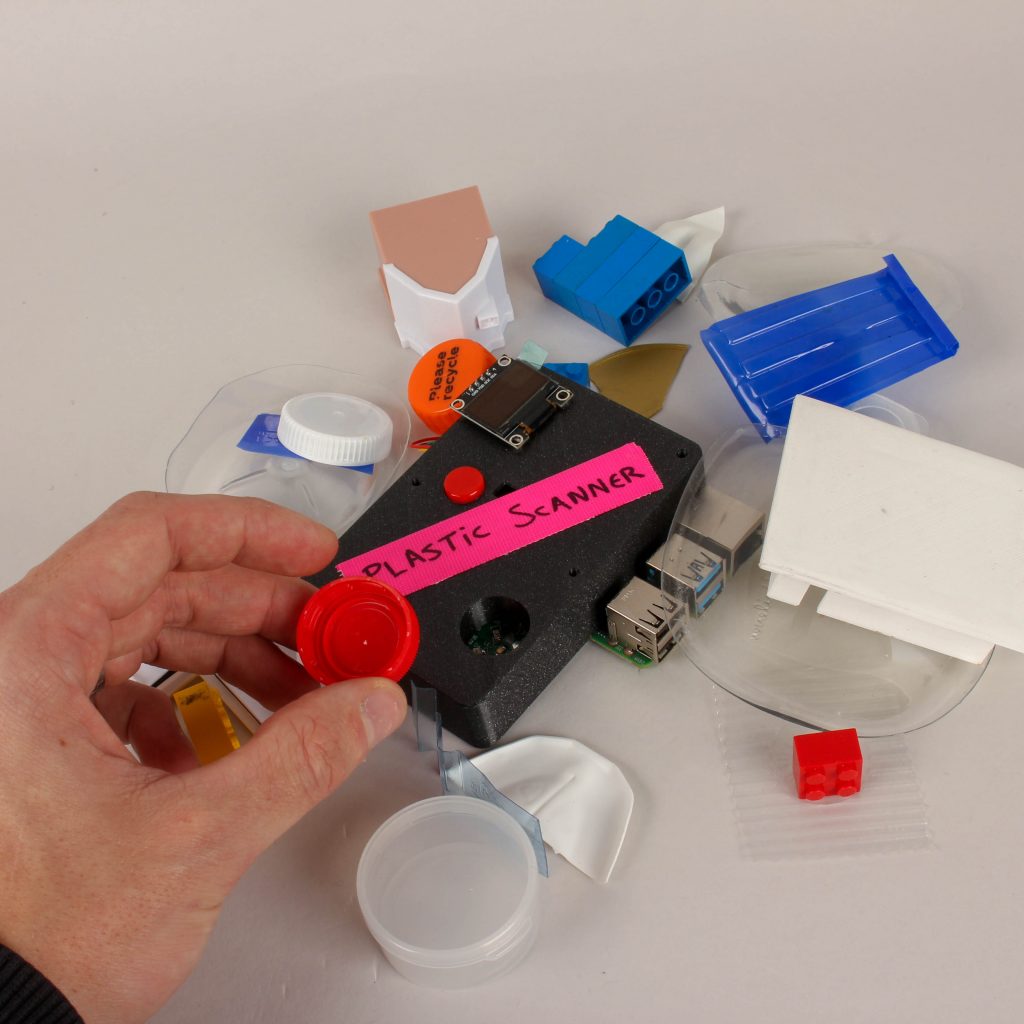
The project makes use of the open-source GPL-v3 license. It means that third parties can also make use of the project. While creating this project, Jerry also learned that most plastic entering into oceans comes from low and middle-income countries.
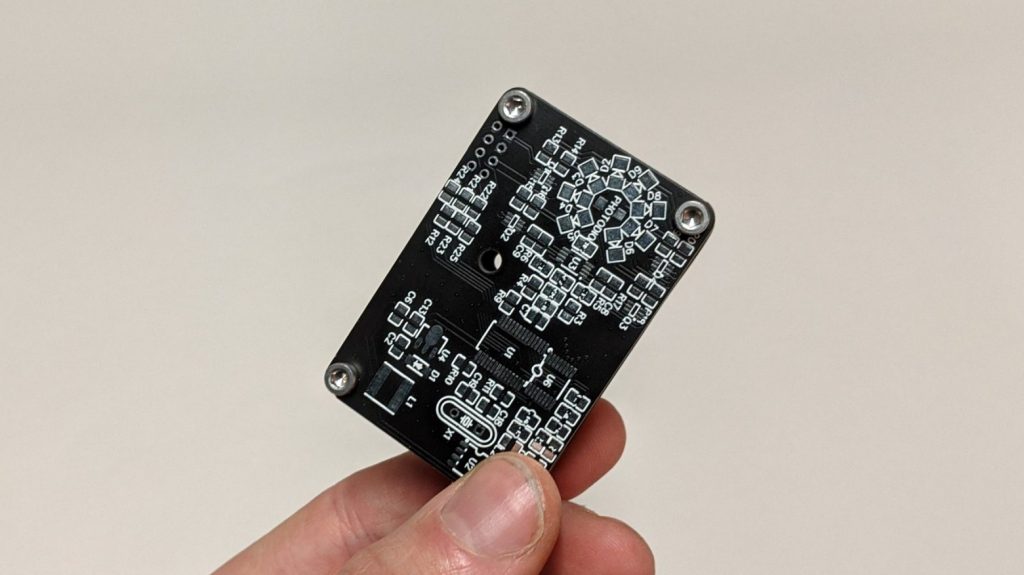
Now, it’s his mission to support recycling initiatives in such countries with the way of his creation of a low-cost Plastic Scanner. At the time of project development, Jerry interviewed many recyclers in Indonesia, India, Curacao, and Kenya to make sure that his model was suitable for end-users.
Future of plastic recycling
After receiving the prestigious James Dyson Award Sustainability Prize, Jerry is planning to gather a team of his friends. He wants a team specializing in integrating systems and machine learning. This will help him to support his invention of new prototypes and also pilot the scanner in both low resource and industry contexts.
The long-term aim of Jerry is to make this project sustainable. Meanwhile, it will enrich open-source documentation for making things easier for others who want to be part of the project. With all these efforts, he hopes to enable anyone to detect and sort plastic properly. Meanwhile, the project will overcome complicated barriers in the path of plastic recycling throughout the world.
